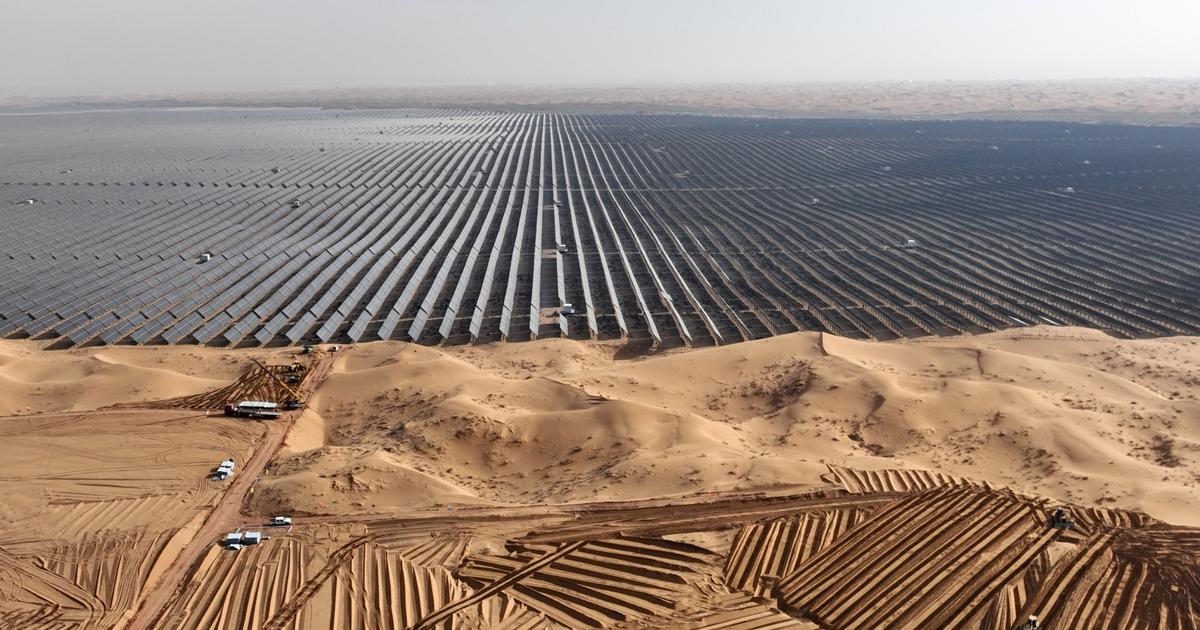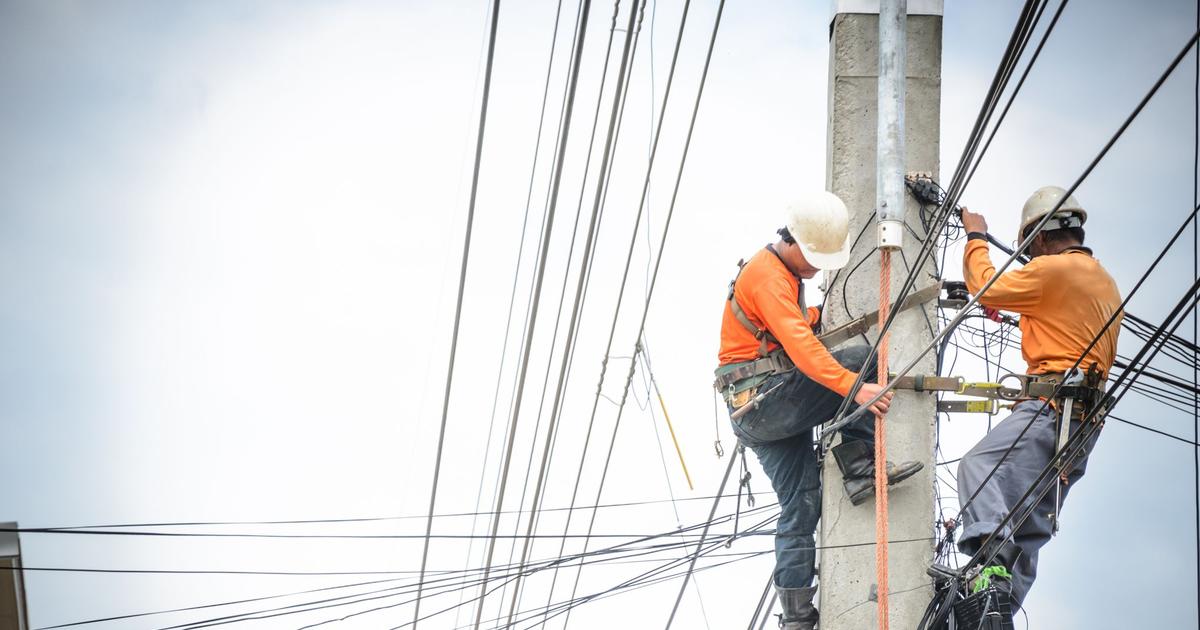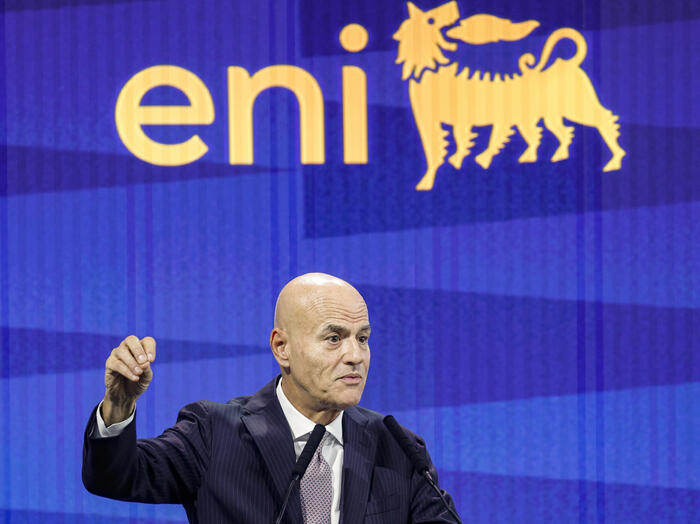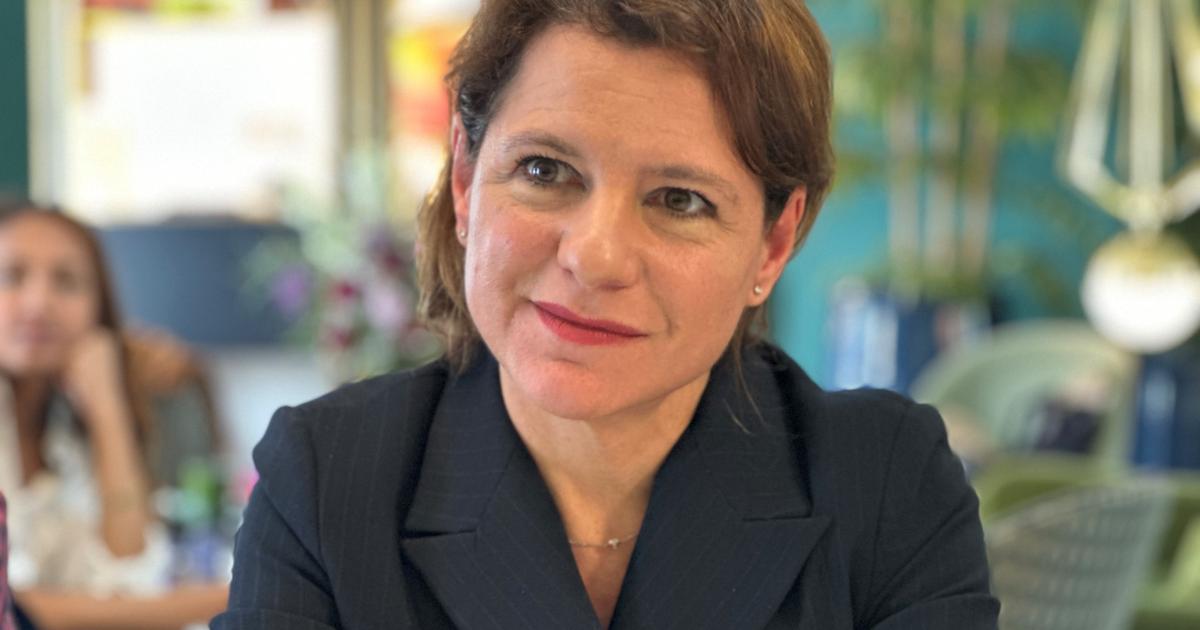The president of the energy research center IFP Energies nouvelles Pierre-Franck Chevet estimated Tuesday that the technologies allowing the capture and storage of carbon dioxide had progressed to the point of being able to consider their next large-scale use.
Read also: MEPs vote for a carbon tax at the borders
"
We are not far,
" said Mr. Chevet, estimating at "
three or four years
" the time before "
a massive industrial deployment
".
This tool will be all the more necessary as fossil fuels (oil, gas and coal) will still continue to be the majority source of energy in the world in 2050, he argued during a presentation of the activities. from the IFPEN center in Solaize, south of Lyon.
In partnership with ArcelorMittal and Total, the institute has been piloting a project since 2019 aimed at demonstrating the viability of an innovative CO2 capture and storage system in Dunkirk (North), with a capacity of 0.5 tonnes of CO2 per hour.
In a second phase, an industrial unit with a capacity of 125 tonnes per hour of CO2 must be set up on this same site.
The DMX process, resulting from more than ten years of research by IFPEN, should "
make it possible to reduce the cost of CO2 capture, the most expensive part of the process, by 30% compared to conventional processes
", underlined the Head of the Solaize Cécile Barrère-Tricca site.
"
It is essential to achieve the objectives of COP21
", she noted.
According to the International Energy Agency, this technology should contribute up to 9% to reductions in CO2 emissions by 2050.
The captured CO2 must then be reinjected under pressure into former exhausted oil sites in the North Sea.
CO2 sequestration thus amounts to “around
one hundred euros per tonne all inclusive
” - still far from current carbon market prices (around 42 euros / t), yet at the highest in their history.















